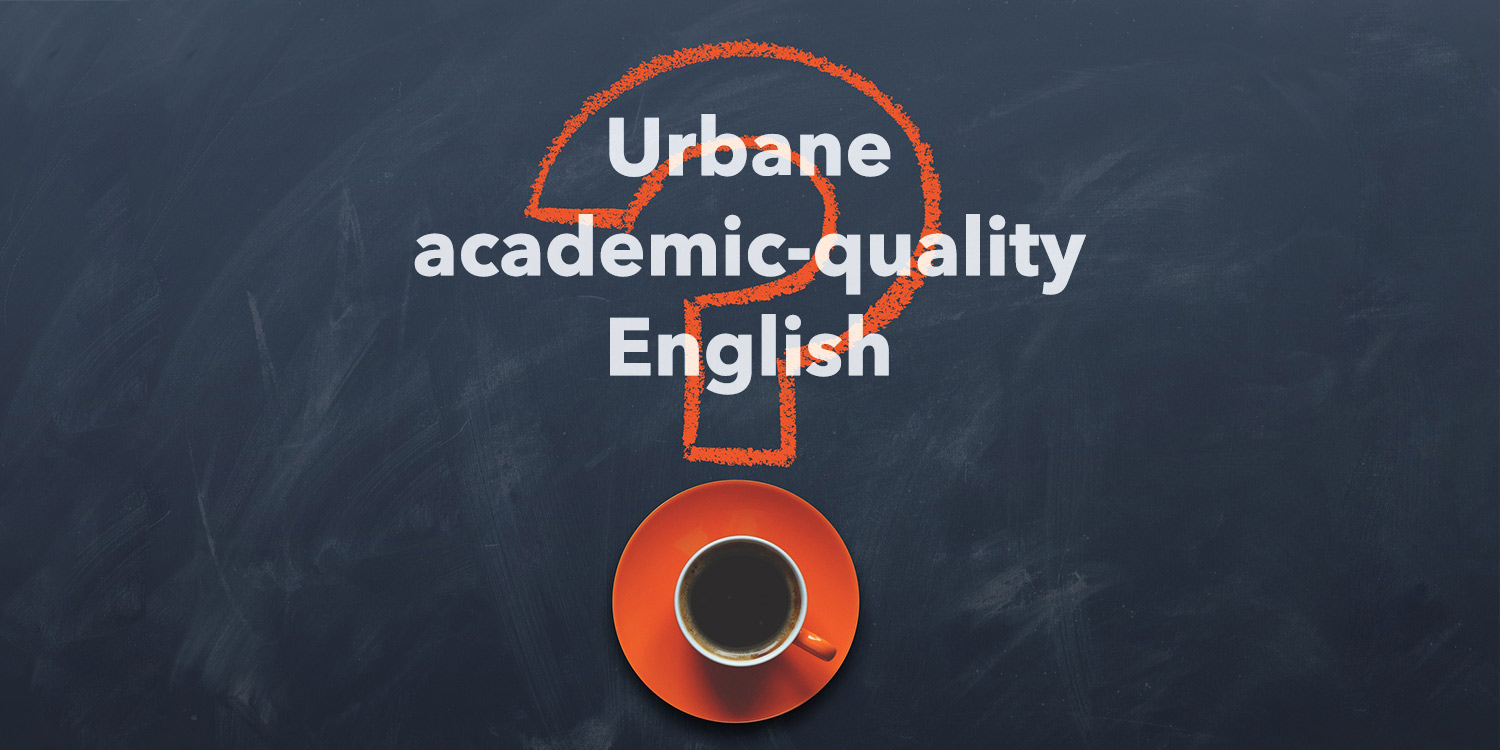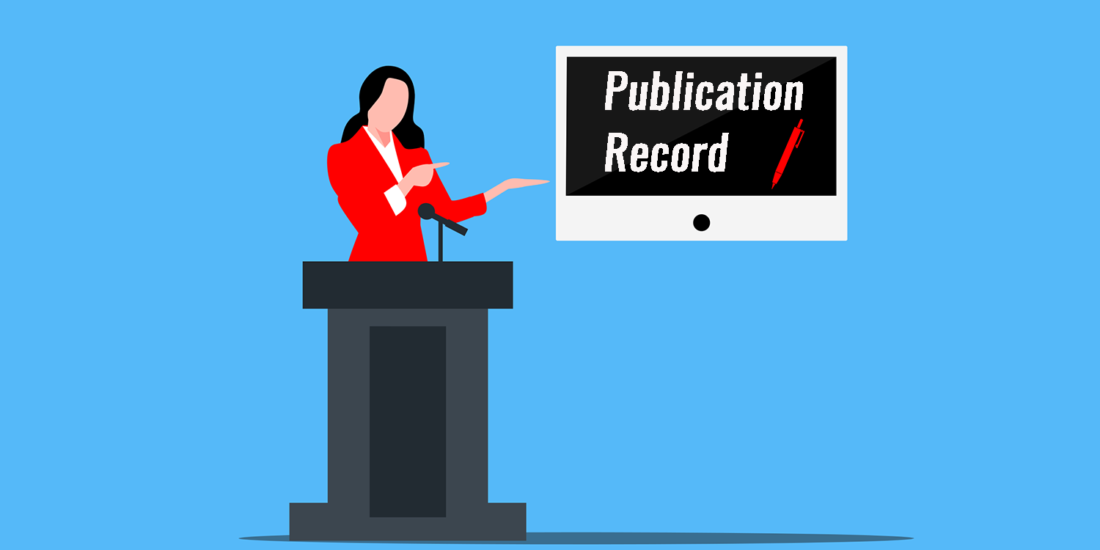As we continue to look at what is required to be a reviewer, we turn our attention to the criterion that states the requirement for an emerging publication record. Clearly this refers to having some publications already. But what are considered publications? What is "emerging"? We’ll take the second question first.
My article has been submitted
When we talk about an emerging publication record, what is emerging is the record, not the publication! It is laudable if you have arrived at the stage in your academic career where you have commenced submitting articles for publication. This is a big stepping-stone on the way to eventually becoming a reviewer. However, a record of publication means that you already have several publications to your credit. An emerging record would be a minimum of four to five publications in the relevant field (another post on relevant fields in the next blog). Of course, a senior reviewer has much higher expectations placed on them, but that is material for a future series of blogs.
What is deemed a publication?
Most early career academics commence their foray into writing about their research by writing abstracts, and then papers, for conferences. Again, this is laudable and needs to be encouraged as an early stepping-stone. However, for the purposes of becoming a reviewer for an international academic journal, conference papers do not count towards a publication record. Many conference papers are not blind reviewed (as is the case with IAFOR conference proceedings) or they have been reviewed, but are published as proceedings rather than as a journal article. This means that an application with lots of conference presentations and proceedings and only one or two journal articles does not meet the criterion.
There are also other forms of "publication" that are not considered part of an emerging record. These include anything self-published, whether it be a book you published yourself, or a pre-print article that you have put online for comment by others.
The main form of publication considered for being a reviewer is a journal article published in a peer reviewed academic journal.
Why is peer reviewed important?
There is a very good reason as to why anyone applying to be a reviewer should have a record of peer reviewed articles. You have been through the process! Most journals send review forms back to authors. By examining these, you will have begun to understand what a reviewer is expected to comment on, to have an understanding of, and to advise on. As a reviewer you will be expected to provide a detailed report and to offer suggestions for improvement. It is important that you have been through this process several times yourself. This is why you need to have been reviewed in a relevant field, which is the topic of the next blog.
Till next time,
Yvonne
Yvonne Masters
Executive Editor, IAFOR Journal of Education

Previous post in the series: "'Course I talks proper English!"

Previous post in the series: "What it Means to be a Reviewer for a Journal"
JoE is an internationally reviewed and editorially independent interdisciplinary journal associated with IAFOR’s international conferences on education. Like all IAFOR publications, it is freely available to read online, and is free of publication fees for authors.
Indexed in: Scopus, DOAJ, ERIC, EBSCO Discovery Service, MIAR, TROVE, Scilit, SHERPA/RoMEO, WorldCat, Google Scholar, and Ulrich's™. DOIs are assigned to each published issue and article via Crossref.


